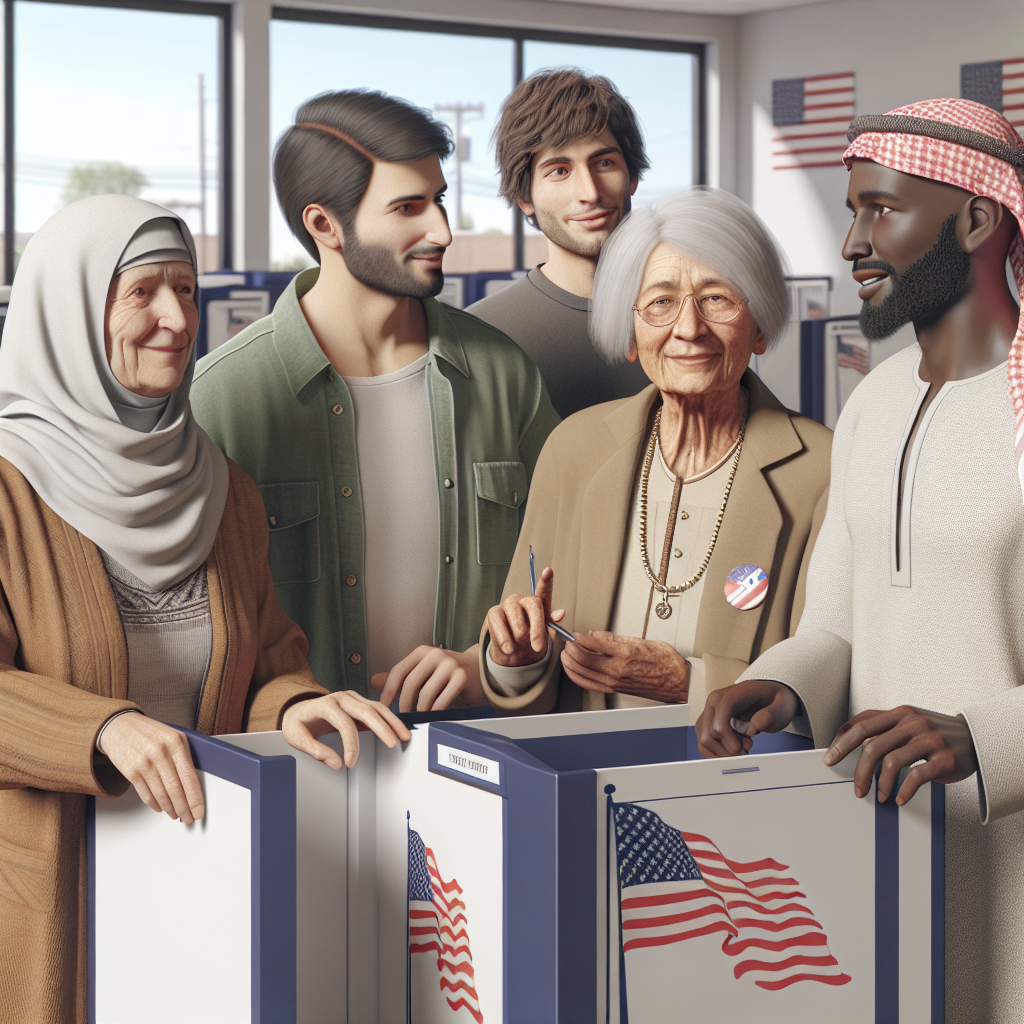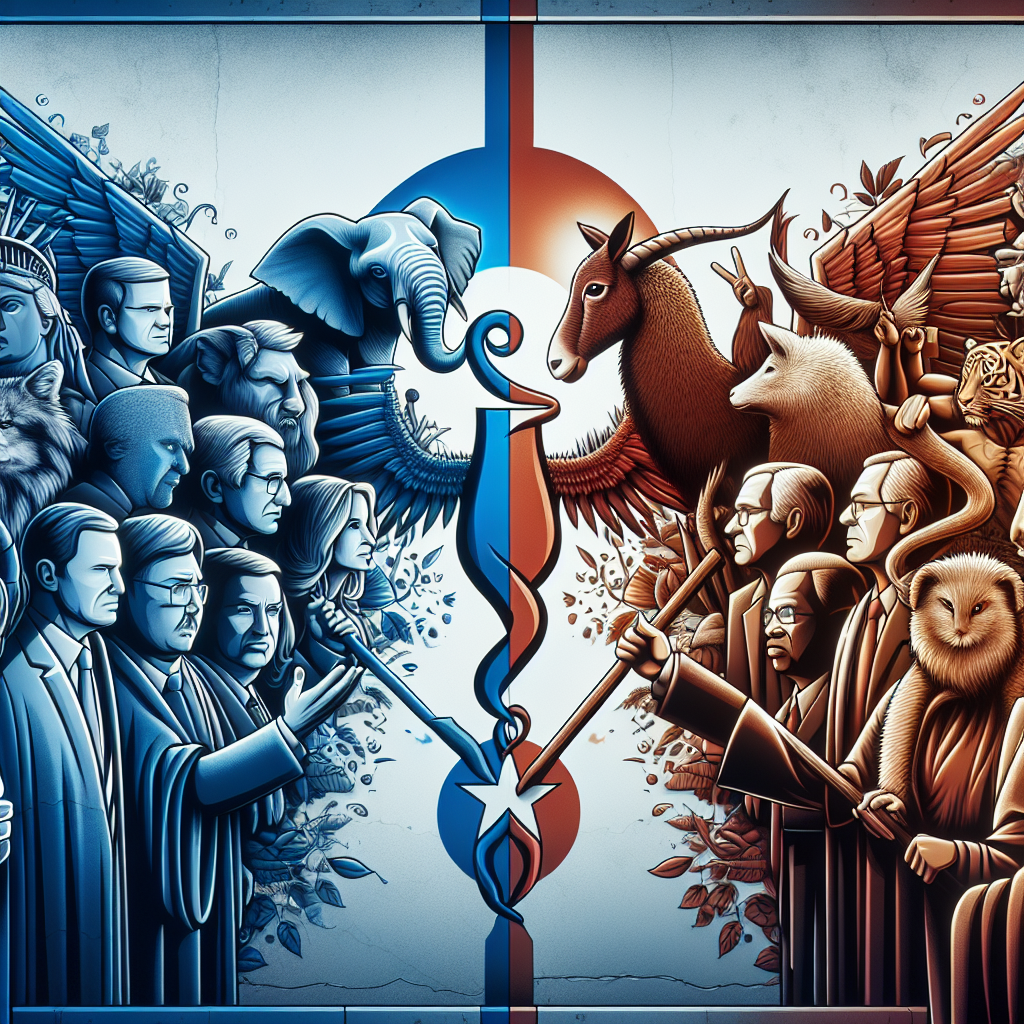Unveiling the Truth About Voting: Do White Christians Really Vote Republican and Black Christians Vote Democratic?
- D.Harris

- Sep 20, 2024
- 3 min read
Have you ever stopped to question the seemingly conventional wisdom that white Christians lean towards the Republican party while Black Christians opt for the Democrats during elections? Let's unravel this narrative and delve into the complexities of voting patterns within different religious and racial groups.
My Journey to Understanding
At first glance, I too took this assumption at face value - that voting patterns were intricately linked to one's race and religion. However, my curiosity led me down a path of exploration to uncover the nuances and exceptions that challenge this stereotype.

Breaking the Mold: Personal Stories Defying Expectations
One of the most fascinating revelations I encountered along my quest was the myriad of personal stories that defied these predetermined voting affiliations. From a white Christian couple fervently supporting progressive policies to a Black Christian youth advocating for conservative values, these anecdotes highlighted the diversity of beliefs and ideologies within each community.
Beyond Black and White: Shades of Gray in Voting Trends
While statistical data may suggest overarching trends in voting behavior among different demographics, it is crucial to recognize that individuals are not monolithic in their political views. The mosaic of perspectives within white and Black Christian communities underscores the reality that voting decisions are shaped by a multitude of factors beyond race and religion.

The Intersection of Faith and Politics
Moreover, the intersection of faith and politics adds another layer of complexity to the voting landscape. For many Christians, social issues, moral values, and ethical considerations play a pivotal role in determining their choice of candidates. This intricate interplay of religious beliefs and political stances defies the simplistic dichotomy often portrayed in mainstream discourse.
Looking Ahead: Election Dynamics and the Power of Individual Agency
As we navigate the upcoming elections, it is imperative to embrace the diversity of voices and perspectives that exist within our communities. By recognizing the agency of individuals to think critically, engage in dialogue, and make informed decisions based on their values, we pave the way for a more inclusive and representative democracy.
In conclusion, the narrative that white Christians uniformly vote Republican and Black Christians align with the Democrats oversimplifies the rich tapestry of political beliefs and voting behaviors within these communities. By shedding light on personal stories, breaking stereotypes, and embracing nuance, we can build a more nuanced understanding of the intricate relationship between identity, faith, and voting preferences.
Let us embark on this journey of discovery together, challenging assumptions, fostering dialogue, and celebrating the beauty of diversity in our democratic process.
So, as we approach the next election cycle, remember - your vote is not defined by the color of your skin or the denomination of your faith but by the values and convictions that shape your vision for a better tomorrow.
Keep Voting, Keep Questioning, Keep Engaging - Because Every Voice Counts!
Embrace the diversity and complexity of voting patterns, challenge stereotypes, and empower yourself to make informed choices based on your values and beliefs. Let us celebrate the mosaic of perspectives that enrich our democracy and shape the future of our nation.
With a blend of personal anecdotes, statistical insights, and a call to action, this blog post seeks to engage casual readers in a thought-provoking exploration of voting dynamics and the intricacies of identity and political affiliation. Explore the myriad of voices that contribute to the electoral landscape and discover the power of individual agency in shaping our collective future.








Comments